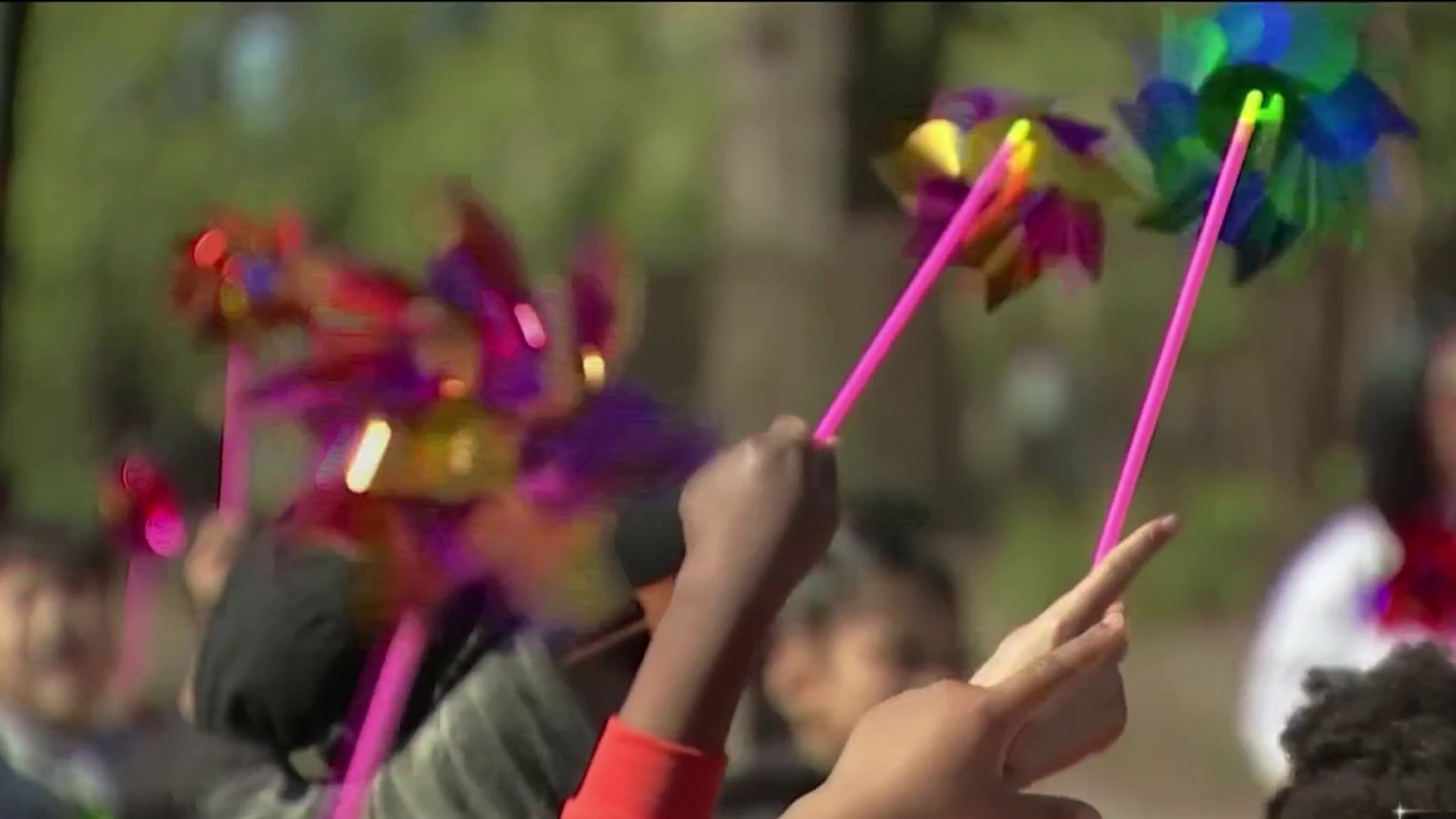Those already dreaming of backyard barbecues in 2018 could be forgiven following 12 straight days of sub-zero temperatures.
Looking back at the streak that ended Monday, which by some measurables ranked among the coldest stretches in decades, it's okay to ask: Did anything good come from all that cold?
A popular myth is that especially cold streaks in winter can lead to suppressed insect populations the following spring and summer months.
Occasionally, we journalists are the bearer of bad news: Bug life in 2018 will not be affected by whatever this winter brings.
"Each insect species have evolved from fluctuating weather over thousands and thousands of years," says Jason Weintraub, the entomology collections manager, aka bug expert, at the Academy of Natural Sciences in Philadelphia. "These short periods of cold weather or heat waves are background noise for the fauna and flora that have evolved over the tens of thousands of years."
He said it's global warming that will eventually change insect life in the Delaware Valley and greater Northeast section of the United States.
"The slow gradual warming has led to changing distribution patterns of insects," Weintraub said.
Local
Breaking news and the stories that matter to your neighborhood.
But he doesn't expect that to mean mosquitoes picking up and leaving this region any time soon.
The best way to predict how many mosquitoes will be around in the warmer months is by how humid and rainy the spring is. The wetter the spring, the more bugs, Weintraub said.



